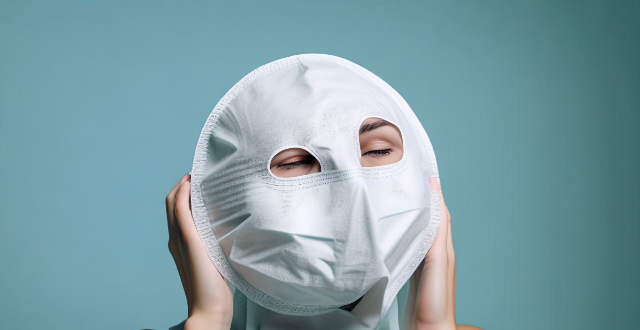Wearing a face mask for extended periods can cause breathing issues, especially if the mask is not fitted properly or worn incorrectly. There are various types of face masks, each with its own potential impact on breathing, including surgical masks, N95 respirators, and cloth masks. Prolonged use of face masks can lead to increased resistance, humidity, and reduced oxygen intake. To minimize potential breathing issues while wearing a face mask, it's important to ensure proper fit, choose breathable materials, take breaks, stay hydrated, and consult a healthcare professional if necessary. Overall, the benefits of source control and infection prevention should be balanced against any minor discomforts experienced.

Can Wearing a Face Mask for a Long Time Cause Breathing Problems?
Wearing a face mask for extended periods of time can indeed cause some breathing issues, especially if the mask is not properly fitted or if it's worn incorrectly. Let's delve into this topic in detail:
Types of Masks and Their Impact on Breathing
There are various types of face masks, each with its own potential impact on breathing:
- Surgical Masks: These are loose-fitting, disposable masks that protect the wearer from large particles and droplets. They usually do not cause significant breathing problems unless they are worn incorrectly (e.g., too tight).
- N95 Respirators: These fit more tightly to the face and filter out at least 95% of airborne particles. They can make breathing slightly more difficult due to their tight seal and filtration capabilities.
- Cloth Masks: These vary greatly in terms of breathability, depending on the fabric used. Some thicker fabrics might restrict airflow more than lighter materials.
Potential Breathing Issues from Prolonged Use
Prolonged use of face masks can lead to the following breathing issues:
- Increased Resistance: A mask adds resistance to the airflow when you breathe, which can make inhaling and exhaling slightly harder.
- Humidity: Exhaled air contains moisture, which can make the inside of the mask humid. This damp environment might feel uncomfortable and could potentially affect the fit of the mask over time.
- Reduced Oxygen Intake: While masks do not significantly reduce oxygen levels, people with pre-existing respiratory conditions might feel short of breath more easily.
Mitigating Breathing Difficulties
To minimize potential breathing issues while wearing a face mask:
1. Ensure Proper Fit: Make sure your mask fits snugly but comfortably without causing pressure points or excessive tightness.
2. Choose Breathable Materials: If using a cloth mask, opt for thinner, more breathable fabrics.
3. Take Breaks: If possible, step away from others and remove your mask periodically to take deep breaths, especially during prolonged wearing.
4. Stay Hydrated: Drink plenty of water to keep your nasal passages moist, which can help with breathing.
5. Consult a Healthcare Professional: If you have underlying respiratory conditions, consult with a healthcare provider about wearing a mask safely.
In conclusion, while wearing a face mask for extended periods can pose some challenges to breathing, these can generally be managed with proper mask selection and usage practices. It's crucial to balance the benefits of source control and infection prevention against any minor discomforts experienced.